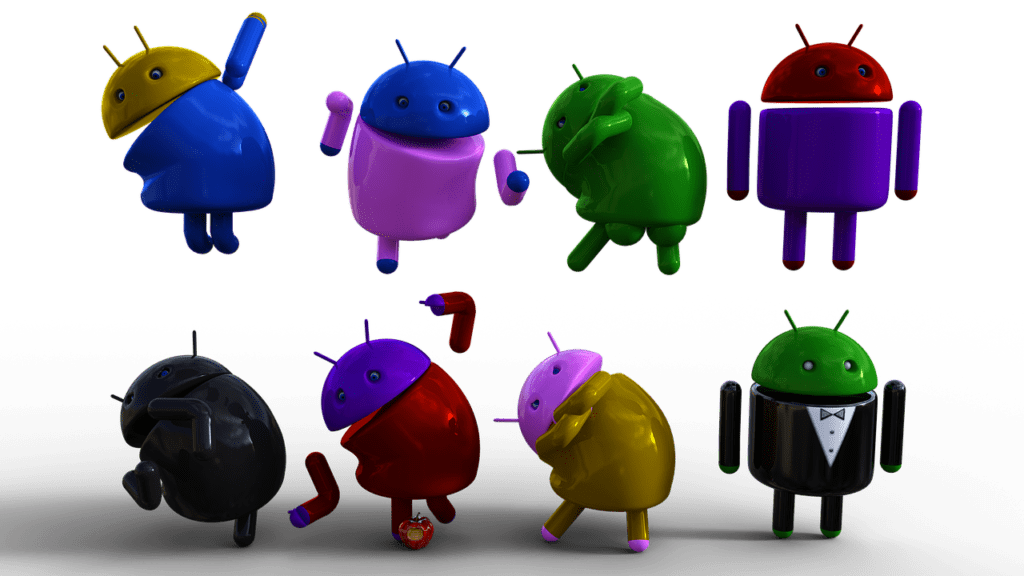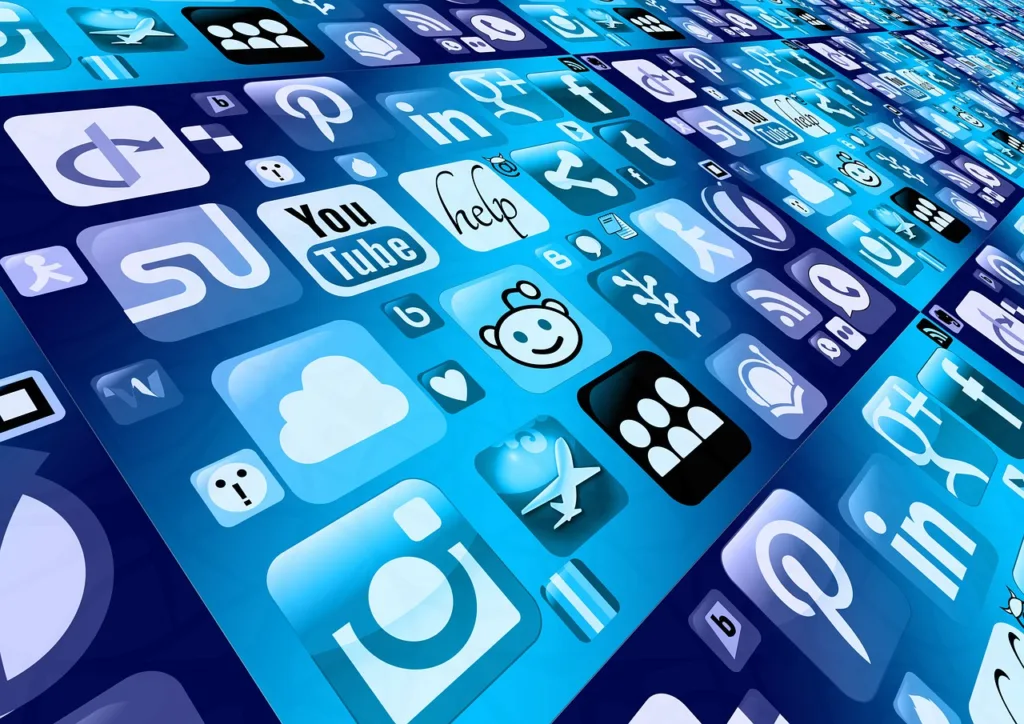Mobile phones have become an indispensable part of our daily lives, and they are now inseparable from us. They have helped us become more independent by allowing us to speak with each other and stay in touch. At the same time, they have changed the way we interact with other people and given us the chance to do a lot of different things without having to be physically connected to one place.
The advent of mobile phones has greatly altered our day-to-day activities.
Let us learn together about the evolution of mobile phones, the benefits they provide, the ways in which they can be put to use, and how their popularity varies from region to region around the world.
THE CONCEPT OF MOBILE PHONES AND THEIR IMPORTANCE IN OUR LIVES.

THE EVOLUTION OF THE MOBILE PHONE
As mobile phones have progressed over time, their functionality has grown to encompass many additional services, such as SMS messaging, web surfing, email, music players, and camera functionalities. This development has caused a meteoric rise in the number of people who own and use mobile phones over the past few decades. Mobile phones have also become a major element of the lives of many individuals. In fact, 77% of American smartphone owners spend roughly four hours every day on their device, per the Pew Research Center.
However, while most mobile phone users rely on their devices for many tasks, the use of mobile phones for more complex tasks, such as banking, shopping, or even using the Internet, is still rare. Most folks would rather utilise their home computer or portable device. Financial and other internet services may be accessible via a mobile phone, but few people actually use them because they are usually slower and less secure than their desktop-based alternatives.
While this is true, mobile phones have also become indispensable to many people. Because of their users’ incessant tethering to their devices, mobile phones have mushroomed into multifunctional information, entertainment, and communication hubs. Mobile phone users, for instance, have access to a wide variety of communication and entertainment options, including but not limited to voice calls, text messages, emails, web browsing, gaming, shopping, video watching, listening to music and podcasts, and taking photos.
THE IMPACT OF MOBILE TECHNOLOGY ON PERSONAL HEALTH

The development of portable electronic devices has radically altered human social interactions and leisure activities. Smartphones and tablets have evolved into potent tools that facilitate communication, time management, and decision-making. These gadgets have altered the ways in which we interact with one another, go about our daily lives, and gain access to information. In fact, we’re making greater use of these tools than ever before to improve our health.
As an example, we can now use applications on our smartphones to keep tabs on our daily activities, such as eating and exercising, which is both liberating and informative about our bodies. Some of the benefits of these apps include weight loss support, individualised dietary advice, and social accountability. They allow us to track our progress toward our objectives and evaluate our success. There are apps out there that even have features that let us give ourselves rewards when we meet goals.
The conveyance of news has also been revolutionised by mobile devices. A simple click now gives us instantaneous access to previously unavailable forms of entertainment and educational content. Through social media platforms, we have access to global news coverage, as well as photographs and videos from all over the world. The use of mobile devices has become an integral part of our daily lives as the globe becomes increasingly interconnected.
DIGITAL NOMADS AND MOBILE WORK

The term “digital nomad” refers to a new type of worker who is not tied to one location but rather works remotely. People who are looking for a way out of the 9–5 rat race may be attracted to the digital nomad lifestyle because of the freedom it provides in terms of when and where they work.
Being a digital nomad has numerous advantages. The freedom to move from place to place that comes with nomadism opens doors to different cultures, professions, and ways of life. There’s also the chance to visit new places and catch up with old acquaintances.
However, there are serious drawbacks to living as a digital nomad. The ongoing need to relocate is just one of the difficulties faced by them. As a result, they often find it challenging to make new friends and build connections due to the constant change of location. Finding work might also be tough because it is not always easy to entice prospective employers to a virtual workplace.
THE RISE OF THE APP ECONOMY

The term “The App Economy” is commonly used to refer to the global app industry, which is estimated to be valued at around $100 billion. Spending on major platforms like the App Store and Google Play is expected to climb by 120% to $156 billion by 2023, according to research from Sensor Tower.
Apps for anything from gaming and music to shopping and social networking have been developed by companies all over the world. For industries including commerce, education, and medicine, app development has also been a focus.
THE RISE OF SOCIAL MEDIA

Most people in the 21st century can’t imagine their lives without social media. Social media platforms like Facebook, Twitter, Instagram, Snapchat, etc. have made it easier than ever to maintain relationships with people both close and distant. Professionally, too, social media has become fundamental. We don’t have to leave the office to talk to our partners, clients, and customers.
It’s hard to fathom how much our methods of communication have evolved due to the advent of social media just in the last decade. People can now communicate via a wide variety of methods. These days, we can instantly communicate with anyone, anywhere in the world, via text, voice call, or even video call. It’s now almost impossible to picture modern life without social media.
FUTURE OF MOBILE TECHNOLOGY
These days, it’s impossible to function without a mobile device. Almost half of all households now have a smartphone, and the number of connected gadgets in the world increased by 50% in just the past year. More than 2.5 billion individuals are now using mobile apps on a daily basis, thanks to this expansion.
An additional six billion internet-enabled gadgets are predicted to be in use by 2025, a time when mobile technology will have seen even greater growth in its use. While there are more individuals online, there are also more gadgets in use. In fact, these days the average user owns 1.5 Internet-enabled devices, such as a computer, tablet, and smartphone.
The proliferation of mobile technologies has resulted in more connections between people and opened up new markets for mobile-focused businesses. Gartner says that by 2023, the world will spend $4.6 trillion on information technology, which is 5.1% more than in 2022.
FINAL THOUGHTS AND CONCLUSION
How we talk to one another, how we get our hands on information, and how we engage with the world around us have all been drastically altered by mobile technology. This shift means that businesses must adapt to the emerging technologies and figure out how to incorporate them into their offerings. In today’s fast-paced business environment, businesses that are flexible enough to adopt and use new technology will do well.
Despite my lack of expertise in the area, I think that organisations’ success hinges on their capacity to comprehend the increasingly globalised lives of their customers. A company’s capacity to adapt to the needs of its customers is becoming increasingly important as more and more people rely on mobile devices for their day-to-day activities.



